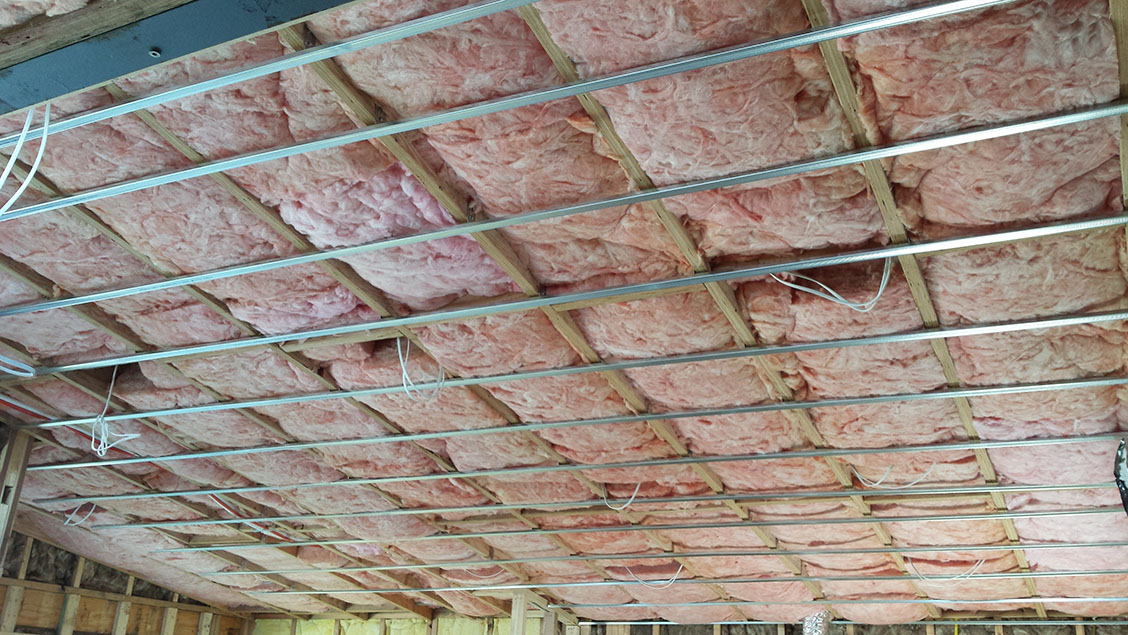Non-Toxic Insulation: Exploring The Right Options with D&D Insulation Services
12 February 2024
Explore non-toxic insulation options with D&D Insulation Services in Ravenhall, Victoria. Create a safer home environment with us. Call (03) 8390 5959.
In 2024, insulation is a hot topic because more and more people are looking for ways to save energy and build net-zero homes. But while improving the insulation is the most important thing to do, many of the most popular insulation materials are not always safe. For instance, some products give off harmful dust-containing VOCs, while others release toxins when exposed to excessive heat. Not only that, but many inorganic insulation products don’t break down naturally, making them hard to get rid of.
Thankfully, there are a lot of new insulation products that offer exceptional thermal protection without any of the health risks. So, if you want to meet building code insulation requirements without introducing harmful materials in your home, keep reading to learn about the three best non-toxic insulation materials.
• Hemp Insulation – Hemp insulation is safe and non-toxic because it is made from the fibres of the hemp plant, requiring minimal processing. It is free from harmful chemicals, pesticides, and synthetic additives, offering a natural and eco-friendly solution for insulation.
• Polyester Insulation – Polyester insulation is considered non-toxic because it is made from recycled PET (polyethylene terephthalate) The manufacturing process involves melting and spinning the recycled plastic into fibres without the use of harmful chemicals. This type of insulation is hypoallergenic and resistant to mould and pests, providing a safe option for homes.
• Cellulose Insulation – Cellulose insulation is a safe and non-toxic option as it is primarily composed of recycled paper fibres, often sourced from newspapers or cardboard. Treated with fire-retardant chemicals, such as borate, to enhance safety, cellulose insulation provides effective thermal performance without introducing harmful substances into the indoor environment.
• Cotton Insulation – Cotton insulation is a non-toxic alternative made from recycled denim or cotton fibres, making it an environmentally friendly choice. The material undergoes minimal processing, and the absence of formaldehyde or other harmful chemicals ensures indoor air quality is not compromised. Cotton insulation is safe and sustainable, and provides efficient thermal insulation for homes.
• Wool Batt (and Blow-In) Insulation – Wool batt and blow-in insulation are non-toxic due to the natural properties of sheep’s wool. Untreated and free from synthetic additives, wool insulation is a safe choice. The fibres are breathable, moisture-wicking, and inherently flame-resistant, adding to its safety features. Whether in batt or blow-in form, wool insulation promotes a healthy indoor environment.
The choice of non-toxic insulation materials is a crucial step towards creating a healthier and safer living environment. Whether it’s the natural fibres of hemp and wool, the recycled content of polyester and cotton, or the eco-friendly nature of cellulose insulation, each option prioritises both your well-being and the planet.
As you embark on the journey to enhance your home’s insulation, consider the expertise of D&D Insulation Services. Located in Ravenhall, Victoria, we specialise in providing high-quality insulation solutions that align with your commitment to a non-toxic and sustainable living space. Reach out to us today to explore how we can transform your home with safe and eco-friendly insulation choices. Your well-being starts with the right insulation. Choose D&D Insulation Services for a healthier home.
Optimized by: Netwizard SEO

